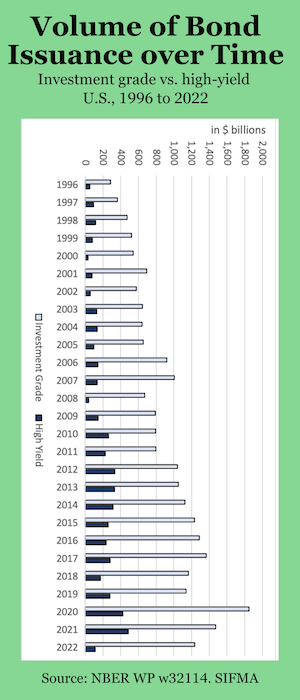In a class action lawsuit filed in federal court in Missouri, participants in the Edward D. Jones & Co. Profit Sharing and 401(k) Plan are suing the plan’s sponsor, the broker-dealer Edward Jones, for breach of fiduciary duty under the Employee Retirement Income Security Act of 1974 (ERISA).
In their complaint, filed November 11 in the Eastern District of Missouri, the plaintiffs claimed that the plan’s fiduciaries violated ERISA by “maintaining the higher fee share class of identical investment options in lieu of the lower cost share class,” including a “poorly performing money market account,” in plan, and offering participants an “unreasonable number of high risk investment options.”
The suit is the second of this type filed against the Edward Jones retirement plan in U.S. District Court in St. Louis, where the firm is headquartered. Last August, in McDonald v. Edward D. Jones & Co. L.P. et al, the firm was accused of offering high-fee investments to participants in its plan, which had nearly $4 billion in assets and 36,000 participants as of year-end 2014.
“Instead of acting for the exclusive benefit of the Plan and its participants and beneficiaries with respect to managing the Plan’s assets,” that McDonald suit charged, the defendants forced participants “into investments that charged excessive fees that benefitted the mutual fund partners of Edward Jones.”
Those partners included American Funds, Franklin Templeton, Invesco and other well-known asset managers, who were among the fund companies that paid Edward Jones about $175 million in revenue-sharing fees in 2015 to help Edward Jones advisors market those funds to their clients. (See chart below for companies with funds in Edward Jones 401(k), their share of plan assets, and the total amount of revenue-sharing fees they paid Edward Jones in 2015.)

The implication was that in return for paying millions of dollars for “shelf space” at Edward Jones, the fund companies were allowed to charge higher fees for their products to participants in the Edward Jones retirement plan than were reasonable and in the best interests of the participants, when much less expensive funds were readily available.
The suit also alleged that Edward Jones caused the plan to pay Mercer HR Services, Inc., too much for recordkeeping and plan administration. According to the suit, the plan’s payments to Mercer increased by 314% between 2010 and 2014 even though market rates for recordkeeping services declined over that period and even though the number of Plan participants only increased by 22%.
© 2016 RIJ Publishing LLC. All rights reserved.


